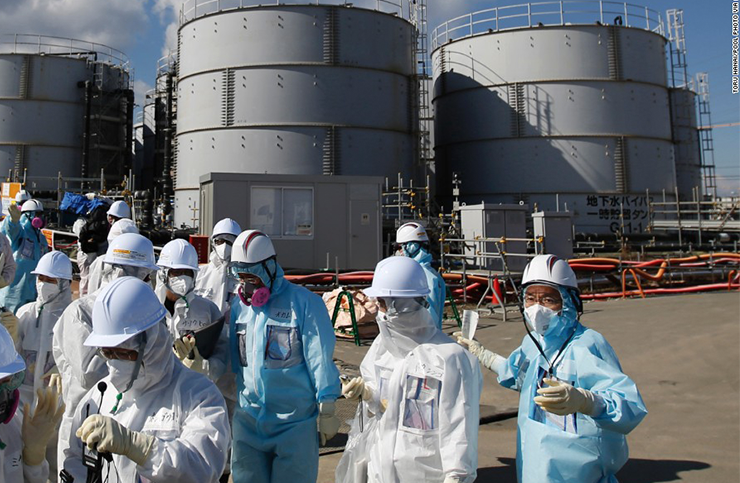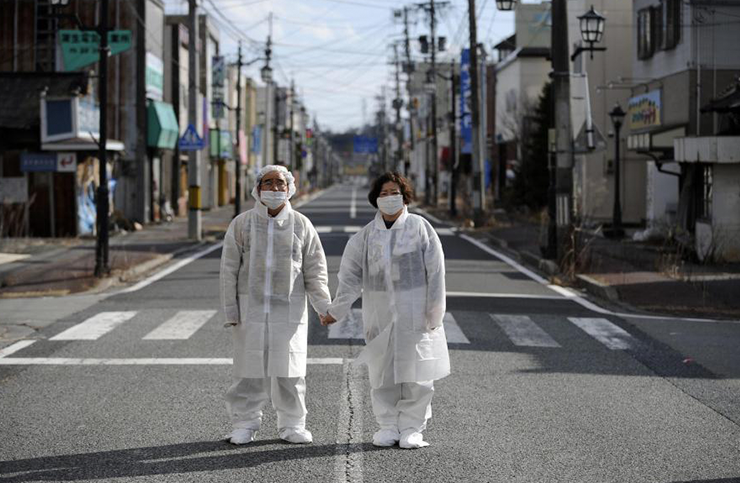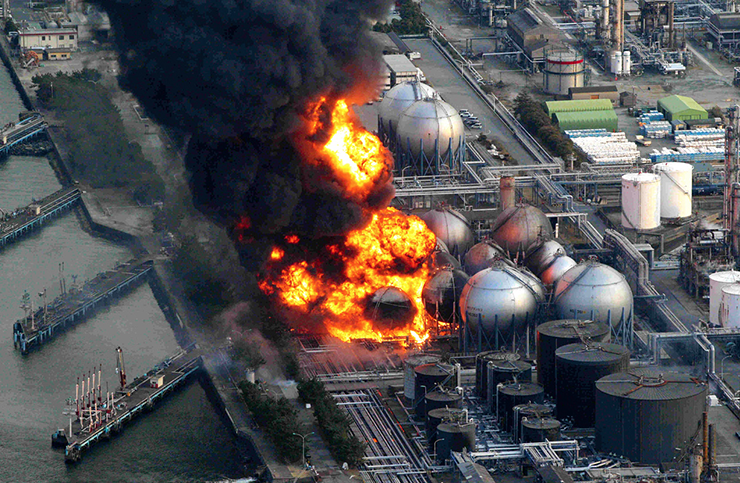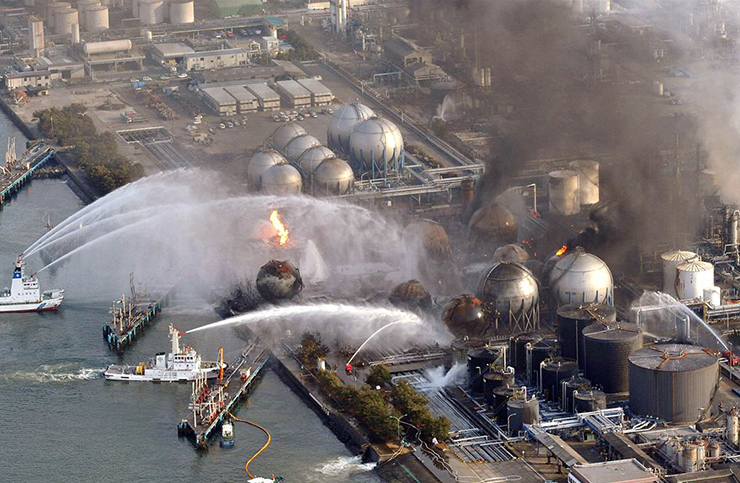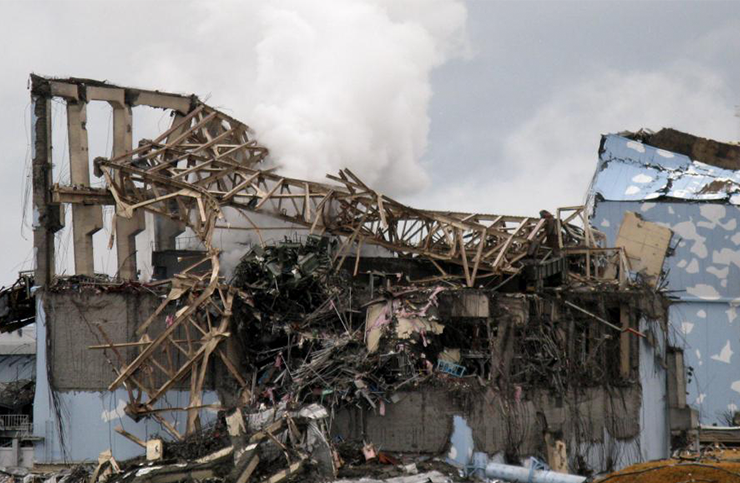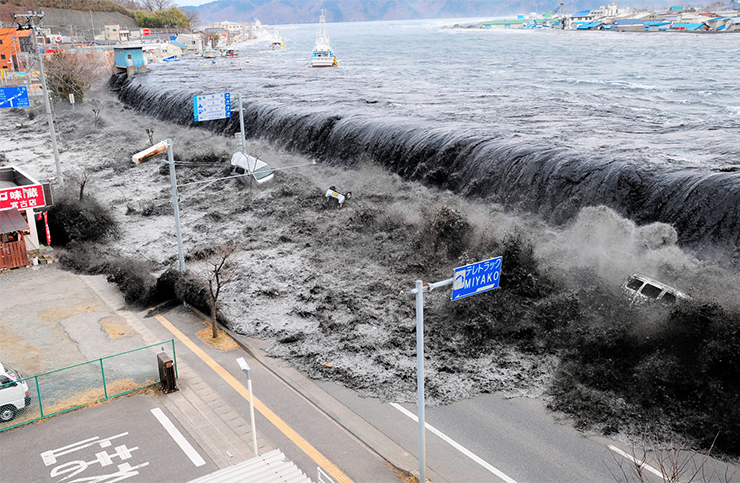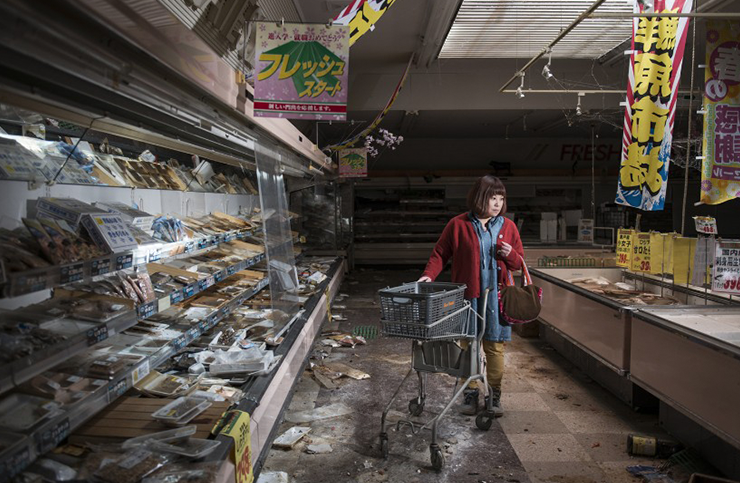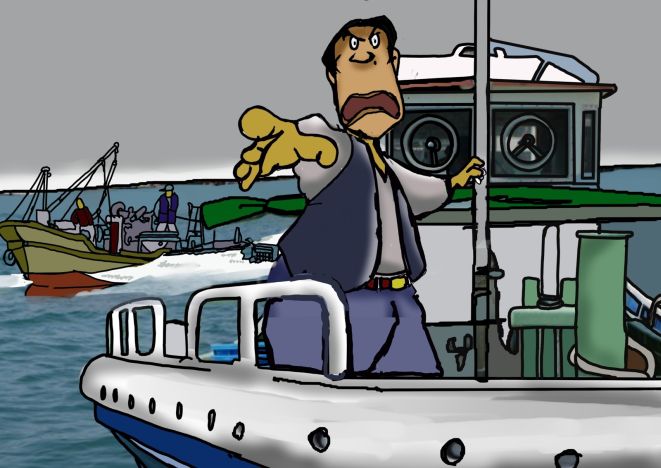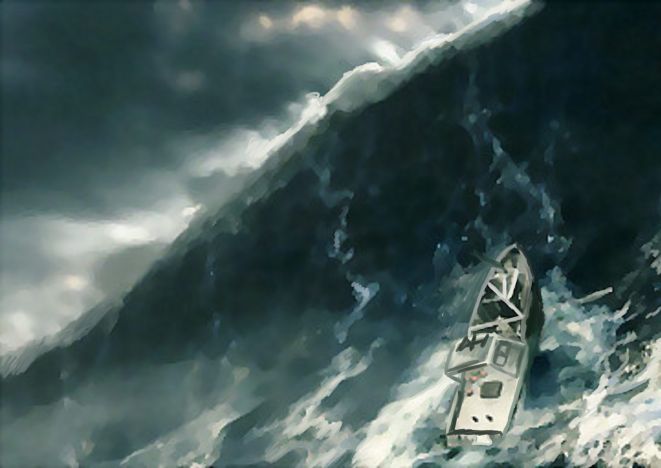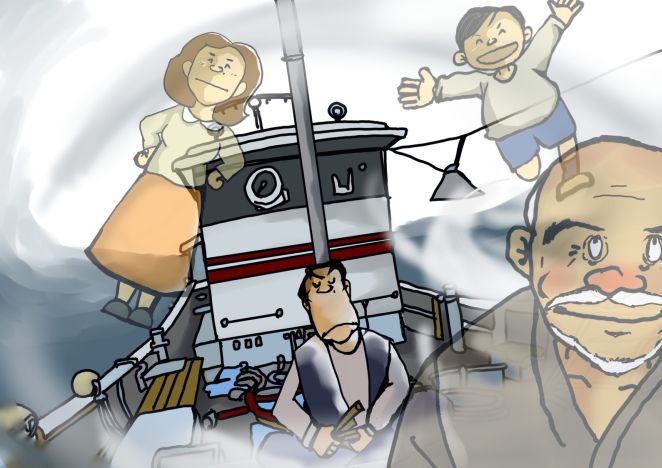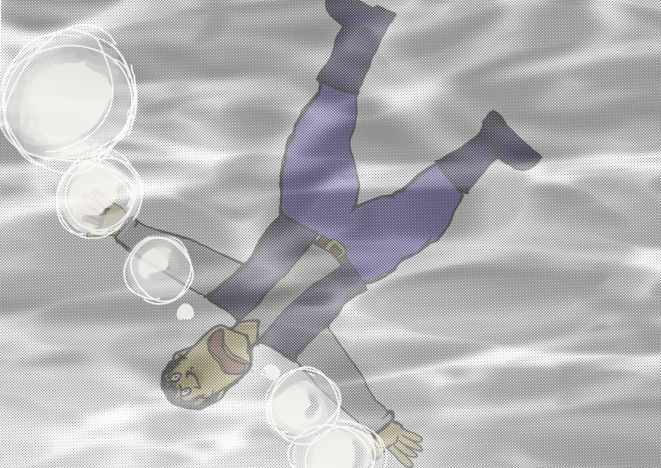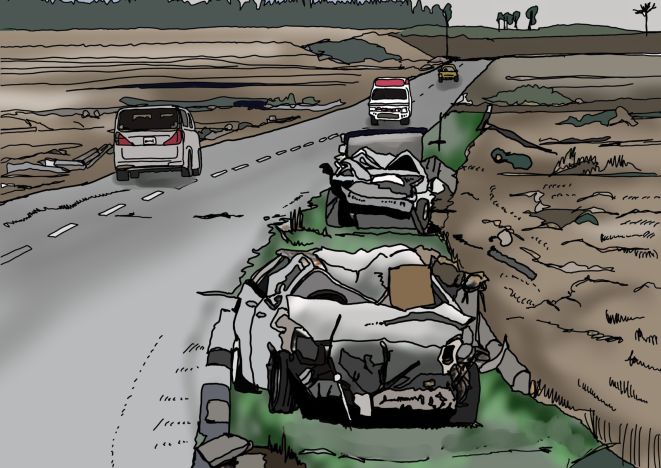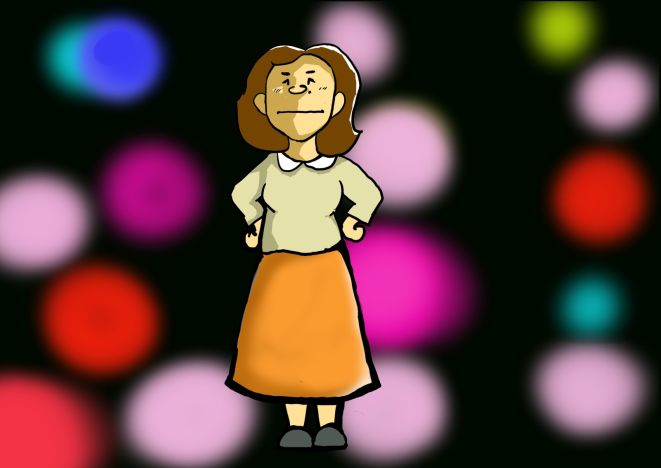The Liberal Democrat government under Prime Minister Shinzo Abe, who was elected in 2012 and won with a landslide in 2014, wants to increase the share of nuclear energy in the electricity mix back to 20 per cent by 2020. Prior to Fukushima it had been close to 30 per cent, and at that time, there were even plans to increase it to 50 per cent. Abe's popularity is not harming his nuclear policy. With his economic policies of the colloquially termed Abenomics, he is emphasising Japan's traditional, patronage-based policies and is pitching old ideas in new packaging: raising debts and printing money to finance promises he made to the electorate in rural areas who supported him to a large extent. Even in the Fukushima constituency, Abe's party holds four out of five seats in parliament. The political opposition, primarily the Democratic Party, is completely divided when it comes to nuclear energy. The traditional industry-oriented trade unions in particular stand on the side of the nuclear lobby.
read more:
Setsuka Kuroda, anti-nuclear activist: "Stop it once and for all"
Anonymous, High Position in Public Office in Japan: “The population is indifferent”
Yukiko Okada, biologist and radiochemist: "Move away if you can afford it"


